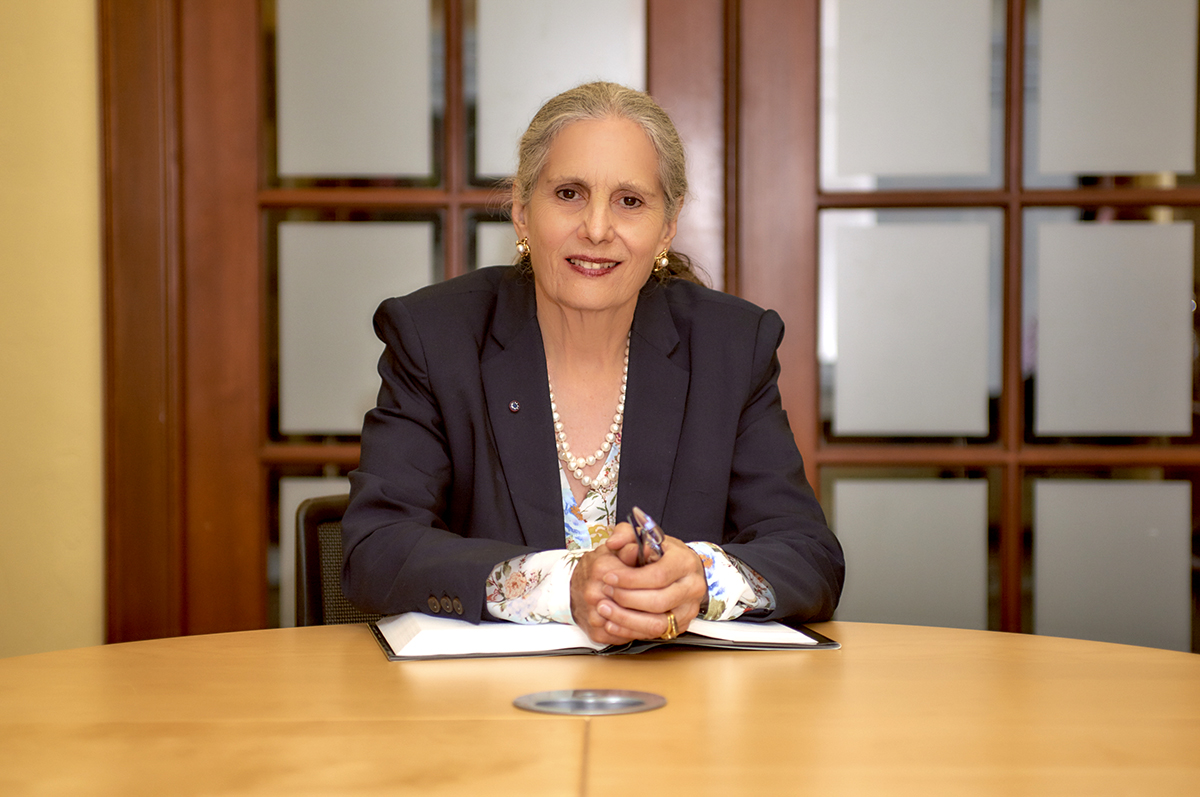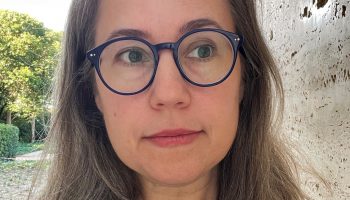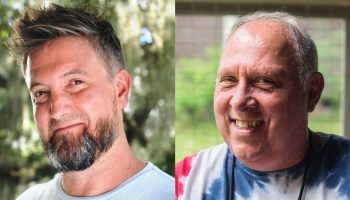The words “ethical” and “moral” are often used interchangeably.
Those who distinguish between them, however, generally equate “ethics” with how one treats people one doesn’t know, and thus with society or workplace-specific principles and rules about what’s right and wrong. In contrast, “morals” are viewed as how one treats people one knows — family, friends and acquaintances.
For an organization, company or country to function effectively, ethical procedures and practices are paramount. Morality — putting one’s family first — presumes that one’s special interest is more important than the common interest, the well-being of the workplace or society as a whole.
“Strong codes of ethics are important to the functioning of society,” said Gloria Duffy, who for 21 years has served as the president and CEO of the renowned public affairs forum The Commonwealth Club of California. She is also a senior fellow of the Silicon Valley chapter of the American Leadership Forum. One of ALF’s core values is “to serve the common good.”
At 3 p.m. Saturday in the Hall of Philosophy, Duffy will give a talk titled “Ethical Challenges of Leadership,” as part of the Chautauqua Women’s Club’s Contemporary Issues Forum speaker series.
“If you look at countries that don’t have high standards — like Russia and countries in Latin America — they don’t tend to do well economically and socially,” Duffy said. “There’s a very symbiotic relationship between the principals at the local and national levels; they influence one another.”
Duffy, who earned her master of philosophy, M.A. and Ph.D. in political science at Columbia University, said that while ethics was not part of her formal training there, her ethical grounding was instilled in her by her family, church and mentors at all levels, including her “big boss,” Bill Perry, for whom she worked as deputy assistant secretary of defense from 1993 to 1995.
“Through experience you learn to sort out what’s the right thing and the wrong thing,” Duffy said.

Having served for more than 40 years in public life, leadership experience is something she possesses in abundance.
Initially, Duffy, focused on the field of international security and nuclear arms control and dismantlement. Later, her professional and community interests diversified considerably.
At Columbia, she studied at the W. Averell Harriman Institute for the Advanced Study of the Soviet Union, the first U.S. academic center to focus on the interdisciplinary study of Russia and the USSR.
After earning her first master’s, she worked for a year as a resident consultant for the Rand Corporation in Santa Monica, California, focusing on “Soviet nuclear energy and non-proliferation policies for the International Nuclear Fuel Cycle Evaluation.” Her research culminated in a report, “Soviet Nuclear Export,” for the INFCE as part of Rand’s contract with the U.S. Department of Energy.
This work led to a two-year position in Washington, D.C., at the Arms Control Association. There, Duffy was assistant director and editor of the ACA magazine, Arms Control Today. In addition, she completed her second master’s in preparation for her Ph.D.
Duffy’s doctoral dissertation “analyzed how the discovery of a Soviet combat brigade in Cuba in 1978 doomed U.S. Senate ratification of the SALT II arms control treaty,” according to her Commonwealth Club bio. This U.S.-USSR treaty on the limitation of “nuclear delivery vehicles” was signed by both parties in Vienna in June 1979.
While working on her dissertation, Duffy held four challenging professional posts consecutively and founded a public education forum.
As a visiting scholar at Stanford University’s Center for International Security and Cooperation, she team-taught an introductory arms control course and co-authored the textbook International Arms Control: Issues and Arguments.
Duffy also served for two years as the first executive director of Ploughshares Fund — “the first public grant-making foundation in the field of international security and non-proliferation.” She then designed and established the John D. and Catherine T. MacArthur Foundation’s Program on International Security and Cooperation, “the largest funding program in this field.”
In 1985 Duffy founded an independent international security think tank called Global Outlook Education Institute in Palo Alto. She served as its president and CEO until 1992, when she returned to the MacArthur Foundation for a year to help establish the foundation’s Russia funding program and its Moscow office.
According to Duffy, Global Outlook “worked with new parliamentary and executive leaders during the Gorbachev era and after the breakup of the USSR on designing defense policies and structures suited to civil society.” It published a series of reports on that effort, as well as books and reports about Gorbachev era Soviet security policies, “attitudes of U.S. and Soviet decision-makers toward nuclear weapons and nuclear war-fighting,” and compliance with arms control treaties.
In 1987, Duffy co-founded and served as the first board president of the World Forum of Silicon Valley, an “international affairs public education organization.” Under her leadership, WFSV merged with The Commonwealth Club in San Francisco in 1997.
Duffy returned to Washington, D.C., in 1993 when she was appointed U.S. deputy assistant secretary of defense and special coordinator for cooperative threat reduction under Assistant Defense Secretary Ash Carter and two defense secretaries — Les Aspin in 1993 and Perry in 1994. (Perry served as deputy secretary of defense in 1993.)
At the Pentagon, Duffy was responsible for negotiating more than 50 agreements with Russia, Ukraine, Belarus and Kazakhstan regarding the dismantling, destruction and disposal of weapons of mass destruction. For these achievements, she was awarded the Secretary of Defense Medal for Outstanding Public Service in 1995.
“The dismantling of nuclear weapons in the former Soviet Union was urgent,” Duffy said. “I headed my own research institute and within three weeks turned over the leadership and left. I got up every day and said, ‘There’s nothing more important I could be doing … than (determining) what to do with 7,000 nuclear weapons.’ … Others, too, upended their lives. Look what happened to Russia and Ukraine. What if both had had nuclear arms?”
In May 2016, Duffy received one of the Pentagon’s five inaugural Nunn-Lugar Trailblazer Awards commemorating the 25th anniversary of the Soviet Nuclear Threat Reduction Act sponsored by U.S. Sens. Sam Nunn and Richard Lugar.
As president and CEO of The Commonwealth Club since 1996, Duffy has been overseeing its organizational strategy, extensive public policy programming (450-plus public forums annually), four weekly radio program feeds, The Commonwealth magazine (including her column, “InSight”), news reporting and blog website, membership activities and fundraising.
A recipient of several prestigious awards in California, Duffy has been a member, and often the chair, of numerous professional, academic and community boards and committees.
During her talk on Saturday, Duffy will discuss ethical challenges she encountered during her tenure with The Commonwealth Club, the Defense Department and three boards: Guadalupe River Park and Gardens Corporation (1996 to 1998), the Civilian Research and Development Foundation, which operates under the National Science Foundation’s umbrella (1997 to 2007) and the board of trustees of Occidental College in Los Angeles, where she currently serves.
At Occidental, Duffy’s eyes were opened to the problem of campus sexual abuse. Because there are some underlying factors that parents and grandparents should be aware of, she said she will also talk about them.
She will also speak about the problem of elder financial abuse, based on her personal experience. She said that elder abuse is everywhere and she hopes people will become more aware of it.
“I’ve found that for everything good that’s accomplished when you take on challenges, there’s always a fight,” Duffy said. “You have to be willing to fight it through. It’s never easy.”




